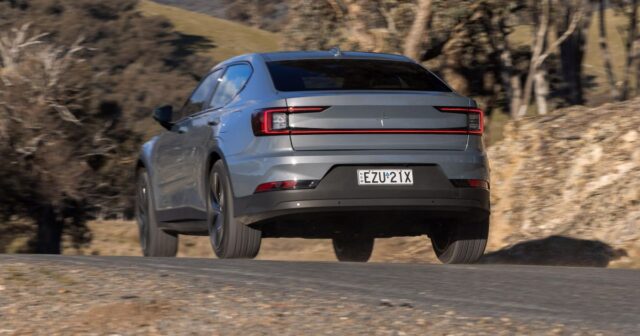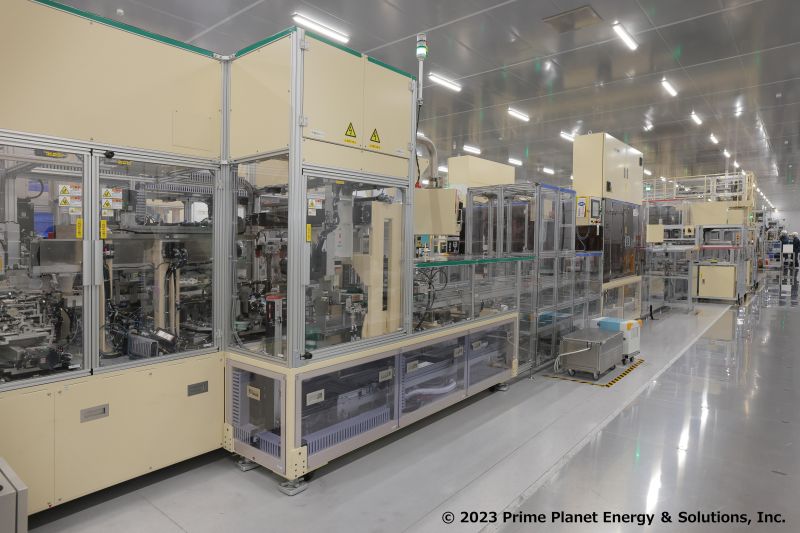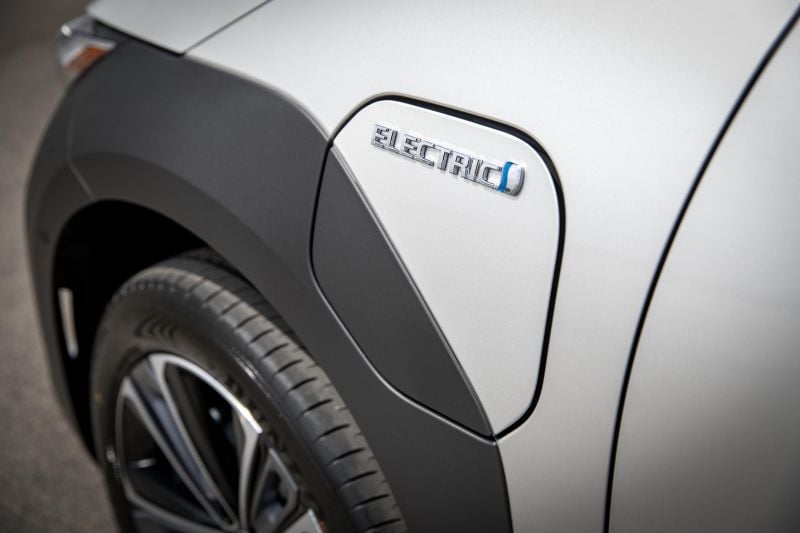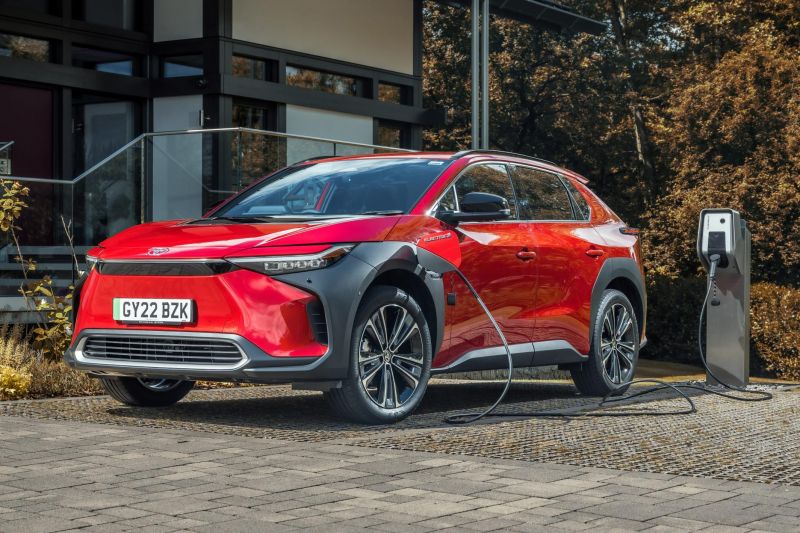Toyota says that battery electric vehicle (BEV) residual values are far worse than contemporary internal combustion engine vehicles, with many fleet organisations or subscription businesses unwilling to take the vehicles on for fear of financial loss.
Speaking to Australian media at the Prime Planet Energy and Solutions plant in Himeji, Japan, Toyota Australia vice president of sales and marketing Sean Hanley said that Toyota plans to produce more durable and reliable batteries.
The company believes these will provide a longer life for its BEVs, which will result in higher residual values than other manufacturers.
“This focus on quality also has broader implications because one of the biggest issues for BEVs is residual values. They’re plummeting,” Mr Hanley said.
Citing an overseas study that shows BEVs on average lose 51 per cent of their purchase value in three years compared to 37 per cent for petrol-powered cars, Mr Hanley said this is due to the higher purchase price of BEVs but also market corrections for struggling EV makers that are unable to sell the required volume and being forced into discounting.
Although he didn’t name any specific brands, the example of rapid depreciation rings true of brands like Polestar, which has become a predominant supplier to fleets and ride-share companies in Australia, providing hefty discounts and in turn undoubtedly damaging the resale value for private customers that have taken a punt on the Chinese-made cars.
“We’re seeing subscription organisations shut their doors to BEVs. They’re too exposed,” said Mr Hanley.
“The risk is too big and you’ll be hard-pressed to find a Fleet Management Organisation that will provide an operating lease on a BEV. A finance lease, yes; but unlikely an operating lease at any sort of competitive rate.
“Toyota’s experience with electrification over more than 20 years has made us acutely aware of this and other issues surrounding electrification – such as price parity, scale and general concerns among consumers.”
One of the ways in which Toyota is backing itself and its soon-to-launch bZ4X EV is by providing a full-service lease, which means the company is willing to back its own product and its residual value to take the stress out of EV ownership for newcomers.
“Whilst we will face the same residual value challenges as any other BEV manufacturer or seller, we will be able to very much look at the longevity and amortise the cost for some period of time, when you add the fact that we have our own finance company, you will realise that we are in a very powerful position,” he said.
The Toyota bZ4X will launch in Australia around February 2024.

























